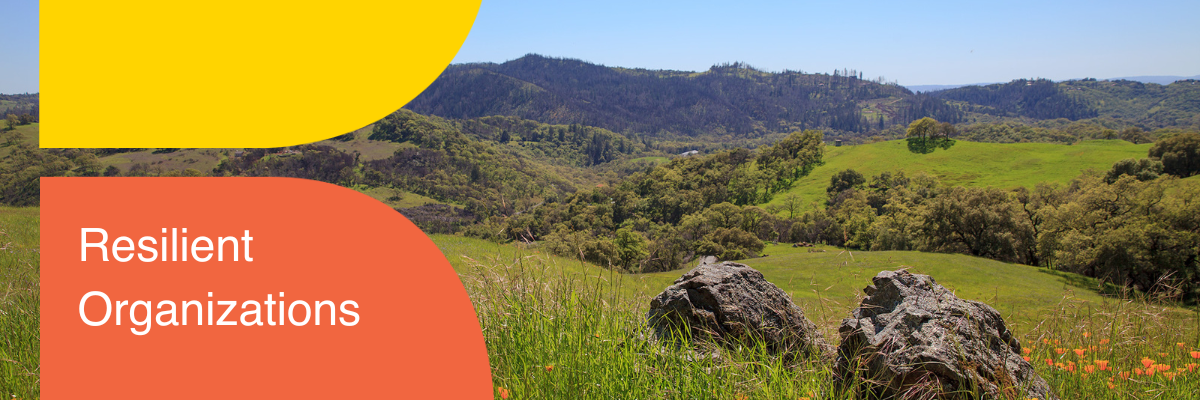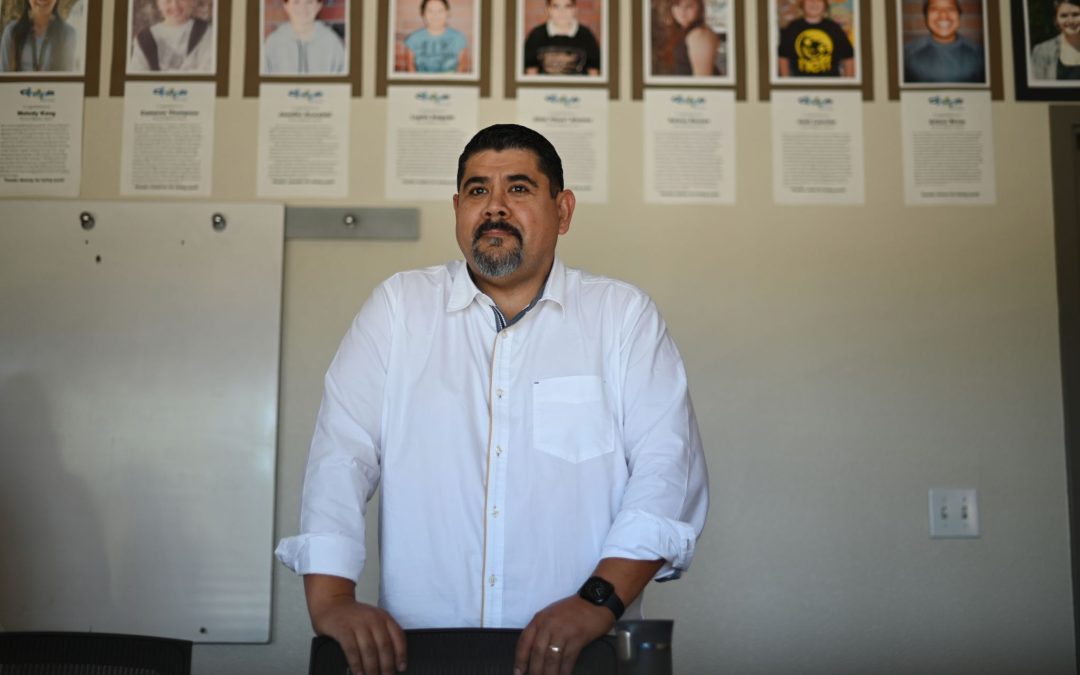When Robin Bowen, Executive Director at Child Parent Institute (CPI) in Santa Rosa, first called her staff together to discuss the impact COVID-19 would have on the organization, she—like many others—wasn’t expecting the pandemic’s duration would last this long.
“We just all thought it was going to be two weeks. I can look back and laugh at that now,” she says. “We had no idea what was happening.”
That was last March and by Fall 2020, Bowen, who has been with the organization since the 1980s, says CPI has worked at roughly 70% capacity of what they were used to pre-pandemic. This isn’t because the need for services has dropped, but because much of her staff have young children at home and are navigating work, parenting, and distance learning themselves.
“They have their own stuff that they’re balancing, and luckily we’ve always had a culture of flexibility within our organization,” says Bowen. “With some of our managers, I don’t know how they do it.”
CPI has been in the community since 1978, offering supportive services like therapy for children and families, parenting classes, supervised visitation, and specialized education services to children, parents, and families. Like most organizations, many of their previously in-person programs have transitioned to online formats using technology like Telehealth.
Bowen says that one of the two programs that have been difficult to transition is the creative arts program. Before COVID-19, the program consisted of afterschool groups that staff would engage with through “art supplies and kind of being messy with the kids.”
“The other thing that’s really hard to do is the Mental Health through Telehealth for the little kids,” says Bowen, who notes that a limited amount of in-person therapy sessions have continued under social distance guidelines, and more will open up as in-person services increase. “We had a lot of little kids that we were seeing, and play therapy doesn’t really work well [online].”
However, other programs like parenting classes on Zoom continue thriving because previous barriers like scheduling or transportation are no longer creating accessibility issues. For some of their larger webinars and speaker series offerings, they’ve utilized a service that simultaneously translates the meetings into Spanish to further increase accessibility.
“I think we have this surge of people taking parenting classes for support and help,” says Bowen. “And with the Community Foundation support, we’ve been able to waive fees. People are struggling with the cost of everything. I think that what we’re seeing too is just the increased anxiety, the stress, the kids being at home; it’s hard.”
Financial issues have indeed been a major stressor for families of young children, and Bowen says that the increase in the need for resources like diapers jumped from around 25-30 families a week seeking diaper donations pre-pandemic, to a whopping 250-350 a week during the peak of the pandemic. Funding support from Community Foundation Sonoma County has enabled them to continue providing this service for free, and other services for free or at reduced costs.
Remotely supervised visitations, too, proceeded smoothly. Bowen says the virtual meetings have led to some positive outcomes, including increased availability and frequent meetings between parents and their children.
“Connections over Zoom allow them to do things like reading bedtime stories or have virtual meals together,” she says.
These days, however, Bowen says CPI is operating under a hybrid model, with a variety of work from home and in office configurations for staff. This means that programs like in-person supervised visitations will resume.
“The whole purpose of supervised visits is to keep the bond between the parent and the children when they’re not living together, which is a little bit more difficult over Zoom,” she says. “It’s very different when a parent is coming to a class versus when they’re there to touch and feel and play with their kids.”
Moving forward into the second year of the pandemic, CPI is continuing work with projects like their Child Abuse Council, hosting an online speaker series, and developing a support project for parents engaged in distance learning with young children.
“We wanted to bring tools to the table for the parents,” says Bowen. “But also allow them the venue to be able to talk to each other and offer ideas, support each other, and realize that oftentimes what they’re stressing about other people are stressing about, it’s all kind of normal right now.”
In addition to receiving two PPP loans to keep things running smoothly, CPI has been involved in helping the County distribute CARES act funds to families if they test positive for Covid or if they are caring for a family member who is ill.
“We can give them money to stay at home versus keep going to work,” says Bowen. “That’s been a very positive thing.
As CPI continues working in a hybrid structure in regards to services offered and staff schedules, Bowen says that as of July 1st it will be required that all on-site staff be fully vaccinated. They’ll also resume home visits soon, likely adding thermometers, masks and other safety measures to their toolkits. As she looks toward a new model of operating the organization, Bowen credits her board for helping her and staff members to navigate the uncertainties and creative solutions to providing services. She says the adaptations have helped CPI examine some personnel policies in order to be better prepared for remote work or emergency days off during fire season, as well.
“What we’re learning about [the pandemic] is changing every day and it’s not over,” she says. “And there may still be things that kind of pop up around it, but I feel like we’re more resilient and know how to manage this stuff; it’s really added to our resiliency as an agency.”
Story by Dani Burlison











